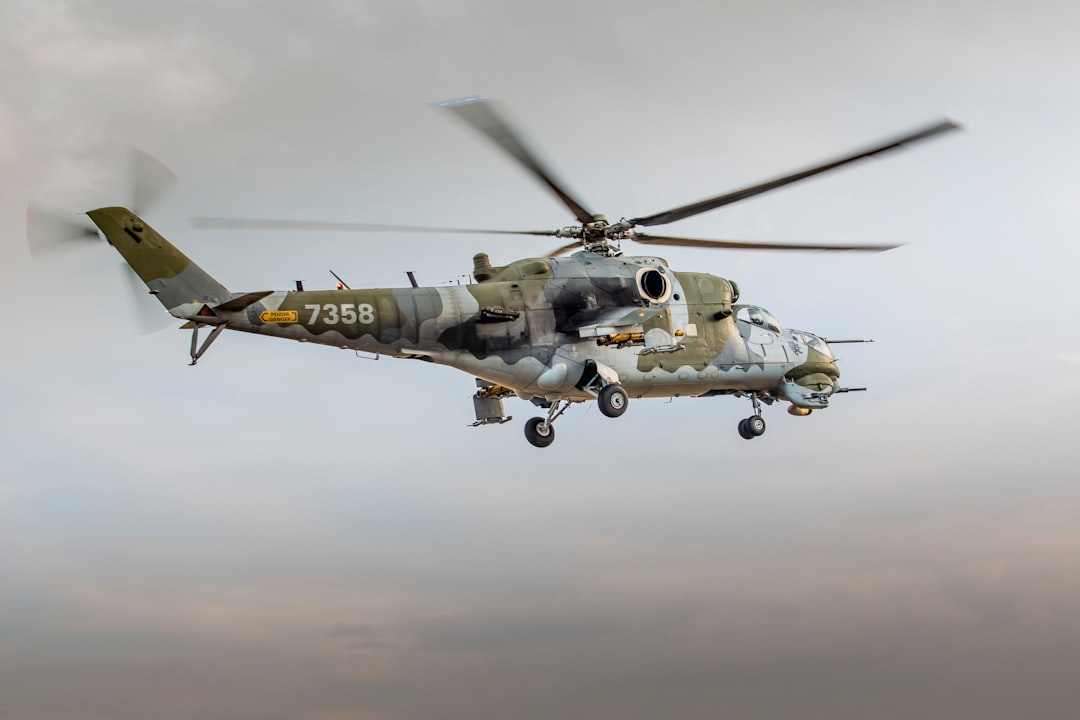Taiwan's Evolving Defense Landscape: A Focus on Asymmetric Warfare
Analyzing Strategies and Challenges in a Shifting Geopolitical Climate

Taiwan's defense strategy is increasingly centered on the concept of asymmetric warfare. This approach emphasizes leveraging existing resources and developing new capabilities to deter and, if necessary, defeat a potential aggressor, such as the People's Republic of China. Key aspects of this strategy include enhancing resilience, investing in advanced technologies, and fostering a strong partnership with key allies, most notably the United States.
One of the primary focuses is on strengthening Taiwan's ability to withstand an initial assault. This involves hardening infrastructure, dispersing critical assets, and stockpiling essential supplies. The goal is to make a rapid invasion costly and difficult for the adversary. Furthermore, Taiwan is actively acquiring and developing asymmetric capabilities, such as anti-ship missiles, unmanned aerial vehicles (UAVs), and cyber warfare tools.
The United States plays a critical role in supporting Taiwan's defense efforts. US military aid and arms sales provide vital equipment and training. There's also ongoing dialogue and cooperation with American officials. Senator Ted Cruz has been a vocal proponent of increased support for Taiwan, emphasizing the importance of deterring aggression in the region. Similarly, Representative Mike Gallagher has advocated for robust measures to strengthen Taiwan's defense posture.
Beyond hardware and military training, Taiwan is also concentrating on improving its cyber defenses and building up its reserves. Cyberattacks are a known threat, and Taiwan recognizes that is important to fortify the country's digital infrastructure and ability to counter online attacks. Simultaneously, there's a growing emphasis on mobilizing civilian resources and creating a broader societal commitment to national defense, which is considered crucial for overall resilience. Key figure who had a significant impact on this field is Hsiao Bi-khim.
While the challenges are complex, including the dynamic regional security environment, Taiwan is actively adapting its defense policies. The focus on asymmetric warfare, coupled with international support, is designed to ensure that Taiwan is ready to defend its freedom and sovereignty. Taiwan's strategy emphasizes on the commitment to maintaining peace and stability in the region.
